Starting a business is thrilling, but it can also be tough at the same time. Startups do get harsh sometimes.
But the right mentorship and guidance can make a huge difference.
One of the best ways to prepare for your entrepreneurial journey is by reading books from seasoned entrepreneurs and investors. I have collected the best startup books after rigorous research on the internet. I promise that these books’ authors do not just write their thoughts in a book; rather, they pen down barriers and share maps on how to cross them as well, giving advice that motivates you along the way.
Here are ten must-read books for every startup founder.
Table of Contents
1. The Lean Startup by Eric Ries
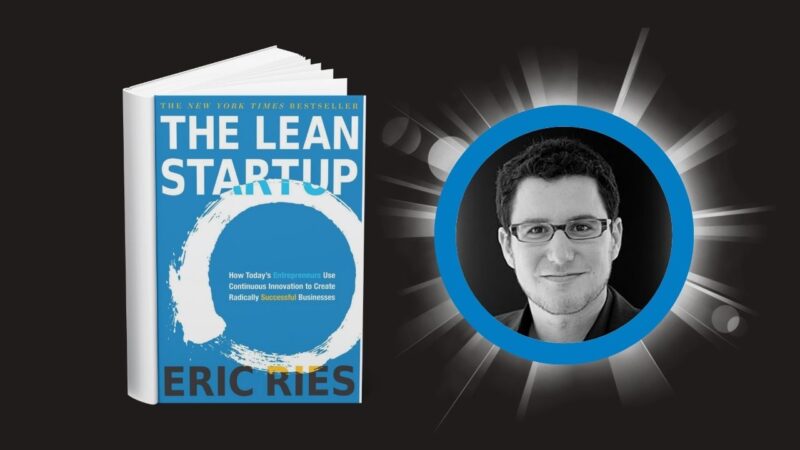
Are you dreaming of launching a business? This book should be your go-to guide. Eric’s Lean Startup method helps you reduce risks and boost efficiency.
The Lean Startup becomes among the best startup books as Eric focuses on providing an overview of the right principles of lean methodology and principles being used in big corporate structures. It takes you through accelerated prototyping, leverages customer involvement and feedback, and creates multiple iterations of the final product.
See, the concept is simple: in this world, no one has a clear idea of what the future will look like, so instead of trying to predict it, why not start learning what people want to buy?
Key Takeaways:
- Feedback loop – Build, Measure, Learn.
- Learning through innovation and accounting.
- Pivoting and Perkins – the crossroads of the startup future.
2. Zero to One by Peter Thiel
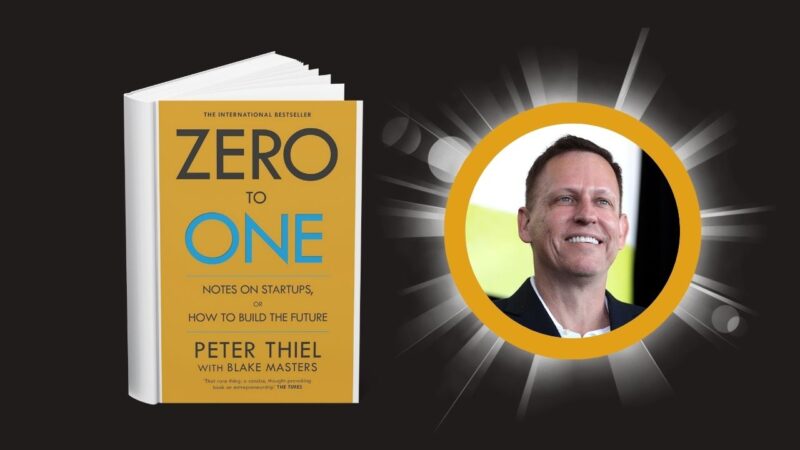
Need fresh insights on startups? Peter Thiel’s book is a great choice.
Thiel co-founded PayPal and was one of the first investors in facebook.com. He uses his real-world experience to explain how to launch startups that don’t just copy, but create and develop new approaches. The book also describes the idea of a successful business from an entrepreneur’s perspective and provides valuable ideas about monopolies in a competitive world.
Key Takeaways:
- Think out of the box and don’t just follow others.
- Understand technology’s role in scaling.
- Recognize why monopoly businesses excel.
3. The Hard Thing About Hard Things by Ben Horowitz

The world of start-ups can be hectic with a lot of endeavoring and sweat. It is beautifully displayed by Ben Horowitz, co-founder of Andreessen Horowitz, in the book ‘The Hard Thing About Hard Things’.
This novel provides a first-hand account of how a particular company faced growth challenges and the various strategies that worked in those situations. Such practical scenarios include rivalry, concerns about increasing sales, and even controlling the workforce; Horowitz has seen it all and writes about it with real-world experience.
Wow! Some unique experiences you will feel along the way while reading it make this book unique among the best startup books.
Key Takeaways:
- How leadership is exercised during demanding scenarios
- Tell a great vision, and how to drive great teams toward achieving it
- How to be strong when the odds are against you and how to fail bravely
4. Start with Why by Simon Sinek
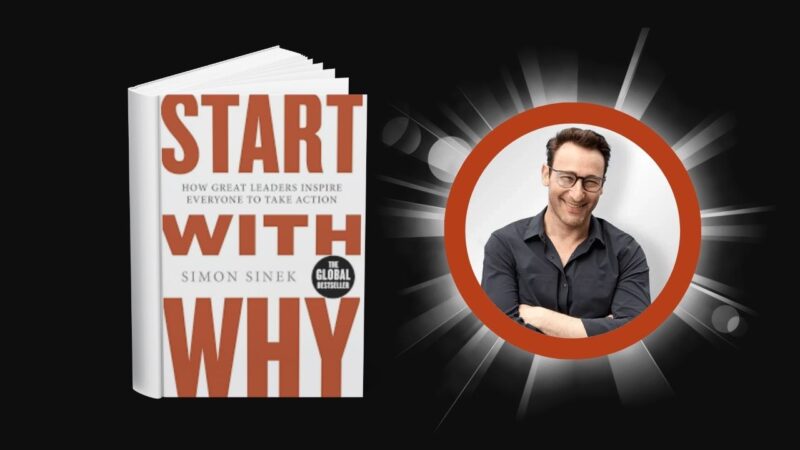
Knowing your business’s purpose is key to success. Sinek shows how understanding your “why” can resonate with customers and employees alike.
One point Sinek tries to make is that companies like Apple or Southwest Airlines, which are at the forefront of creation, make money not out of greed but out of ambition. Must read!
Key Takeaways:
- Uncover the main motivation for starting your company.
- How purpose has the ability to energize both customers and staff.
- Ways to motivate others through the “Why” behind your product.
5. The $100 Startup by Chris Guillebeau

Want to start a business on a budget? This book features 50 case studies of entrepreneurs who launched with just $100.
This best startup book also provides real-life examples of how to start and grow a business without spending huge amounts of money.
Key Takeaways:
- Ways to make a business out of what you are passionate about.
- How to advertise with little money for new companies.
- Simple and easy-to-follow steps that can help make your idea a success.
6. Shoe Dog by Phil Knight

Shoe Dog is the autobiography of Phil Knight the co-founder of Nike. This Phil Knight’s autobiography tells the story of Nike’s beginnings. It is a great read for anyone interested in what makes a global brand.
Knight explains how Nike was formed, the problems it faced, the self-doubt, and the risks it took to become one of the most powerful brands in the world. This book is beautiful in a brutal way, a perfect portrayal of any business owner.
Key Takeaways:
- Experience the feelings that come along the way when starting the business.
- Ways to structure the company according to your beliefs
- Sticking to your resolution is the key to making your dream real.
7. Good to Great by Jim Collins

Good to Great is a book by Jim Collins that explains why some companies are able to achieve greatness while others do not.
It’s particularly irritating to Collins because he’s spent years of his life studying these differences between good and great organizations, and in the end, he’s written a concise 8-page report on the main characteristics of such companies.
His real-life investigation and rigorous research place this masterpiece on my list of the best startup books. This is a good book for those who run companies in such a way that they know and analyze every little thing and consult to make sure their business not only stays solvent, but thrives.
Key Takeaways:
- The business success is all up to the leader
- Where do you go to formulate and implement a “Hedgehog Concept”
- Managing growth the right way
8. The E-Myth Revisited by Michael E. Gerber
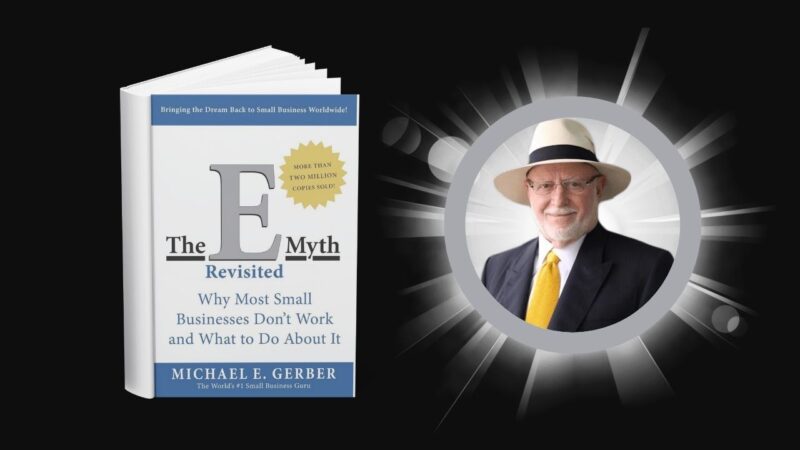
Many entrepreneurs excel at their craft but struggle with management.
The E-Myth Revisited by Michael E. Gerber recognizes this problem and focuses on eliminating bad management skills by providing blueprints that attempt to create systems in which management runs the business, rather than the other way around. It is ideal for those who want to help their startups grow not into chaotic companies but rather into machines.
Key Takeaways:
- Why do Entrepreneurs need to focus on the larger picture and not just the tasks at hand?
- How can structures be developed to ensure success?
- The crucial necessity of designing a business model that can be expanded and replicated.
9. The Innovators Dilemma by Clayton Christensen

The “Innovator’s Dilemma” is a book that explains how big corporations fail to innovate and how small companies get to take advantage of these missed opportunities.
In the book, Clayton Christensen introduces the idea of disruptive technology and tells how organizations can avoid the “done for today” situation or the “focus on today” scenario when they concentrate on current consumers’ needs.
Seriously, great insight provider among the best startup books!
Key Takeaways:
- The impact of disruptive innovation on industries.
- The reason why established companies lack the capacity to innovate.
- How new businesses can take advantage of new areas while emerging.
10. The Art of Start 2.0 by Guy Kawasaki
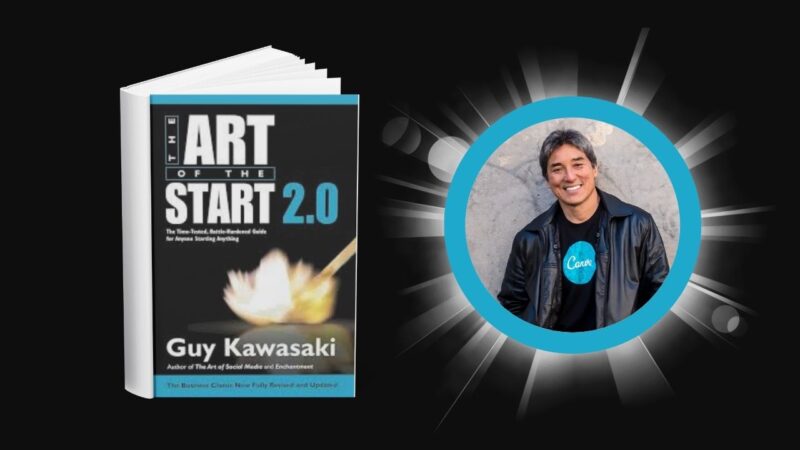
Guy Kawasaki offers practical advice on launching a business, from crafting a business plan to securing funding.
From building a business case to planning how to get funding, The Art of Start 2.0 tells you exactly what you need to do to get your business off the ground. Must read because there are even more commitment tools in this edition towards the end.
Key Takeaways:
- How to seek potential investors and get funds.
- The key to having a powerful objective and image for self-startup.
- What was the experience of successful businessmen?
Summing Up
I hope you enjoyed my curated list of the “best startup books.”
These great books will teach you invaluable problem-solving and business skills.
Here’s your take.
Did I miss some amazing books that should be on this list?
Comment on the book name along with the authors below.

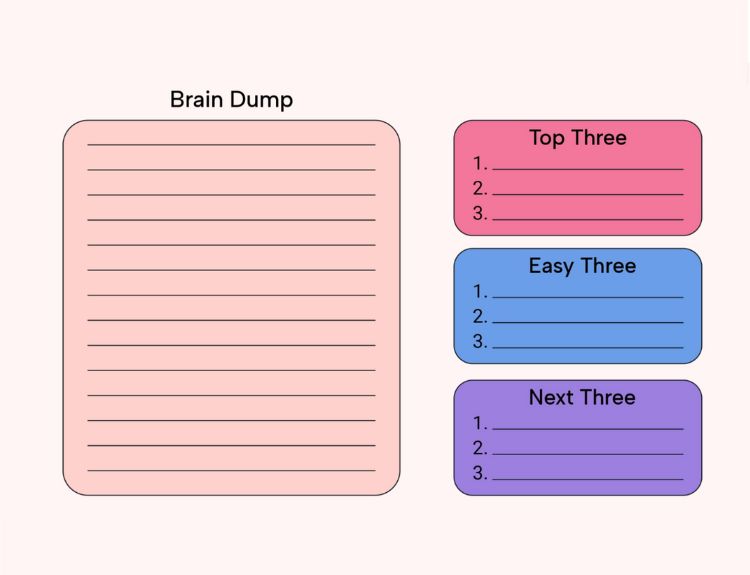

Pingback: 111+ Interesting AI Tools for Startups